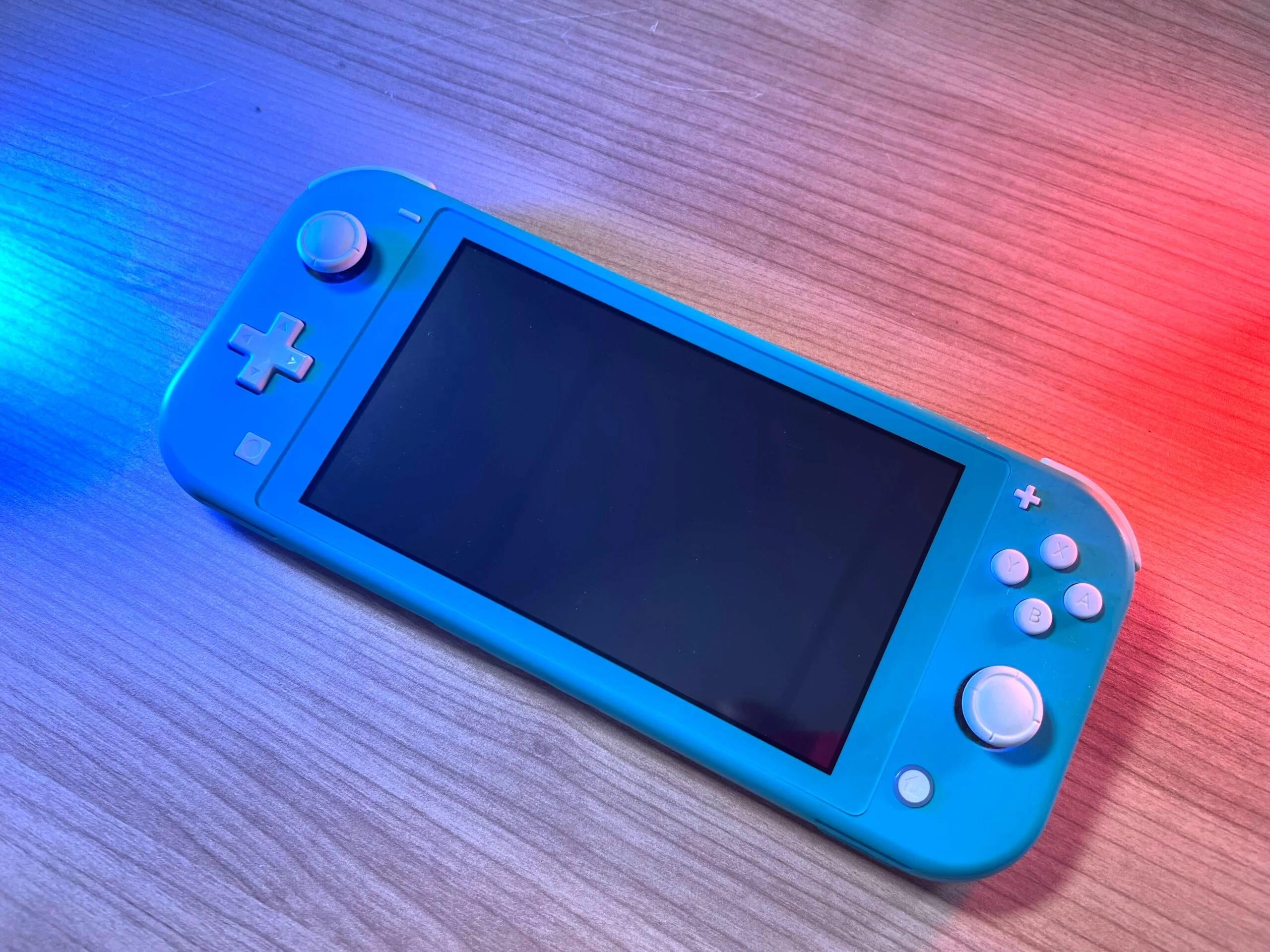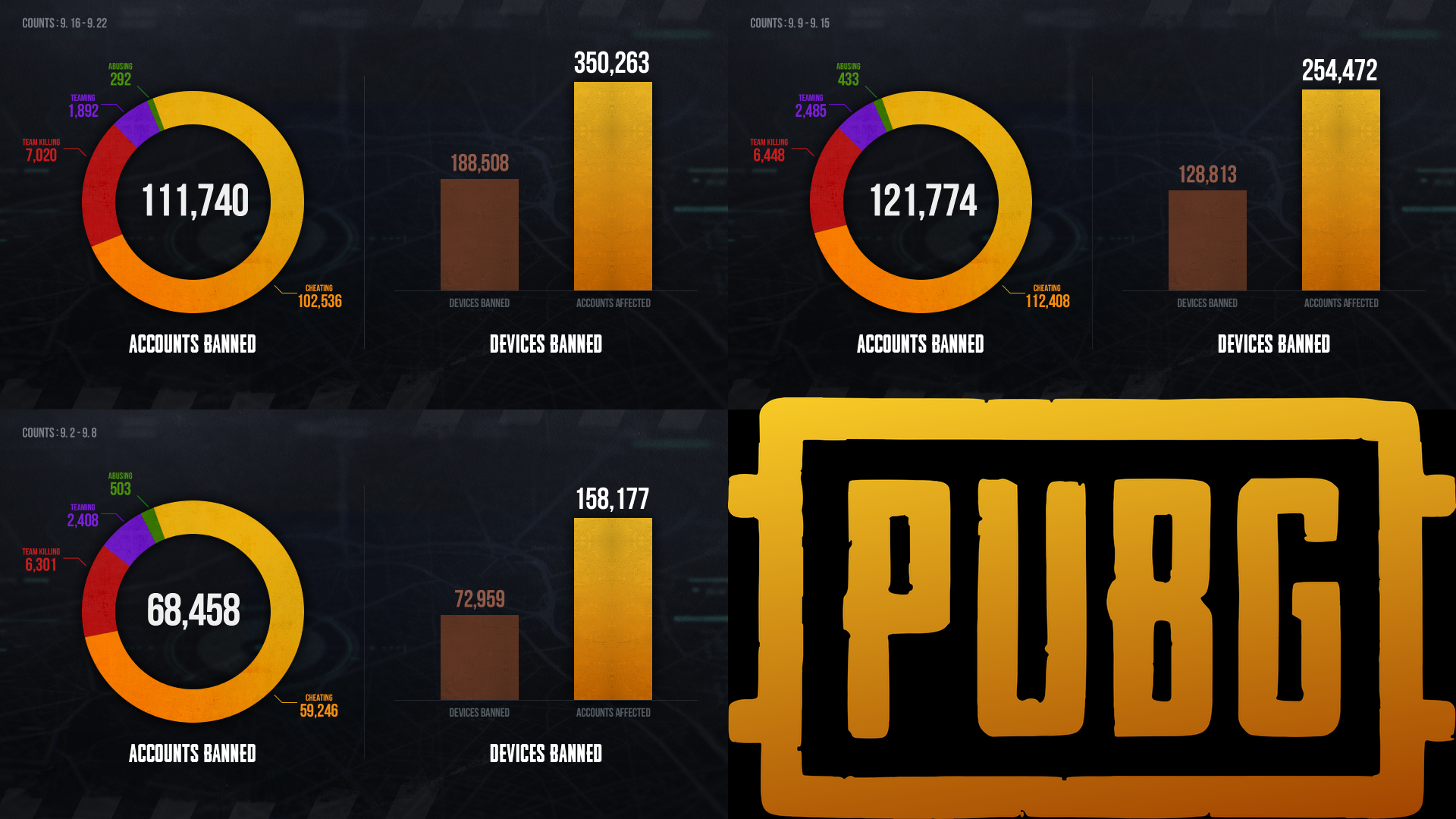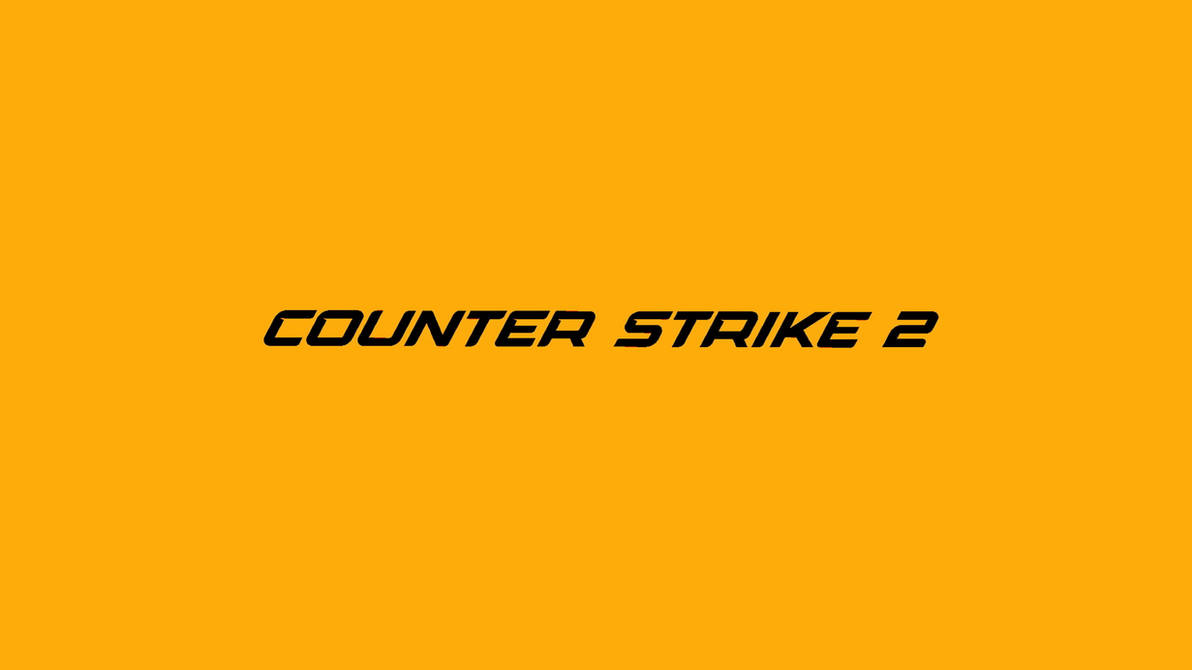Nintendo, the beloved video game giant, has once again found itself at the center of a controversy surrounding copyright enforcement. This time, the company is targeting YouTube accounts that feature videos of its games being emulated. This move has sent ripples through the online gaming community, raising concerns about fair use, the preservation of gaming history, and the future of content creation on platforms like YouTube.
The recent case of Retro Game Corps, a popular YouTube channel dedicated to retro gaming, has brought this issue to the forefront. The channel’s owner, Russ, recently announced that he received two copyright strikes from Nintendo, forcing him to significantly alter his content creation approach. Russ’s experience highlights a growing trend of Nintendo taking a more aggressive stance against content that showcases emulated gameplay. While the legality of emulation itself remains a complex and often debated topic, Nintendo’s actions raise several key questions:
What is Emulation, and Why is it a Target?
Emulation involves using software to mimic the hardware of a particular video game console, allowing users to play games on devices they weren’t originally designed for. While emulation can be used for legitimate purposes like playing old games on modern PCs, it can also facilitate piracy if users download ROMs (game files) illegally. Nintendo’s primary concern likely stems from the potential for emulation to enable copyright infringement. By cracking down on videos showcasing emulated gameplay, the company aims to discourage the illegal distribution and playing of its games.
Where is the Line Between Fair Use and Infringement?
The concept of “fair use” allows limited use of copyrighted material without permission for purposes such as criticism, commentary, news reporting, teaching, scholarship, or research. However, determining whether a particular use falls under fair use can be subjective and open to interpretation.
In the case of emulation videos, factors like the purpose and character of the use, the nature of the copyrighted work, the amount and substantiality of the portion used, and the effect of the use on the potential market for the copyrighted work all come into play. Many argue that videos like those produced by Retro Game Corps, which focus on hardware reviews and technical demonstrations, fall under fair use. However, Nintendo’s recent actions suggest a less lenient interpretation.
What are the Implications for Content Creators and Gaming History?
Nintendo’s crackdown has significant implications for content creators who rely on emulated gameplay for their videos. Many YouTubers, like Russ, use emulation to showcase retro games, review emulation hardware, and educate viewers about gaming history. The fear is that Nintendo’s actions could stifle creativity and limit the ability of creators to share their passion for gaming. Furthermore, it raises concerns about the preservation of gaming history, as emulation often provides the only way to experience older games that are no longer readily available.
What are the Potential Solutions?
Finding a balance between protecting intellectual property and allowing for fair use is crucial. Several potential solutions could help address this issue:
- Clearer Guidelines: Nintendo could provide more specific guidelines on what constitutes acceptable use of emulated gameplay in online videos.
- Content ID System: Implementing a Content ID system similar to YouTube’s, where copyright holders can claim their content and potentially monetize it instead of issuing takedown notices, could be a less restrictive approach.
- Collaboration with the Community: Engaging with content creators and the emulation community could help foster a more collaborative approach to addressing copyright concerns.
- Official Re-releases: Offering official ways to access older games, such as through Virtual Console or other re-release initiatives, could reduce the demand for emulation.
The Future of Emulation and Online Content Creation
The ongoing tension between copyright holders and content creators highlights the need for a more nuanced approach to copyright enforcement in the digital age. While protecting intellectual property is essential, it’s equally important to foster creativity, preserve cultural heritage, and allow for fair use. The outcome of this debate will have a significant impact on the future of online content creation, particularly in the gaming sphere. As technology continues to evolve and new forms of media emerge, finding a balance between protecting creators’ rights and promoting innovation will become increasingly important.
I hate making posts like this, but I received another copyright strike this morning. I'm going to have to change the way I make videos. More info: https://t.co/ihGy4OLNzx pic.twitter.com/xRHx0PN2pn
— Retro Game Corps (@RetroGameCorps) September 28, 2024








Leave a Reply